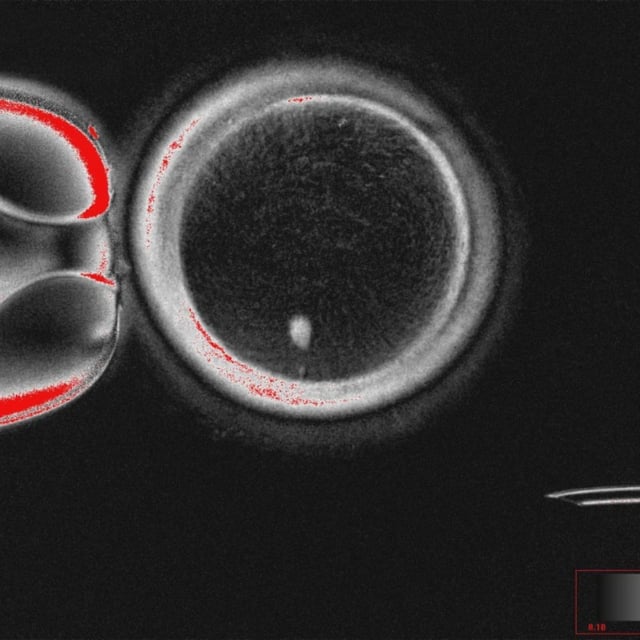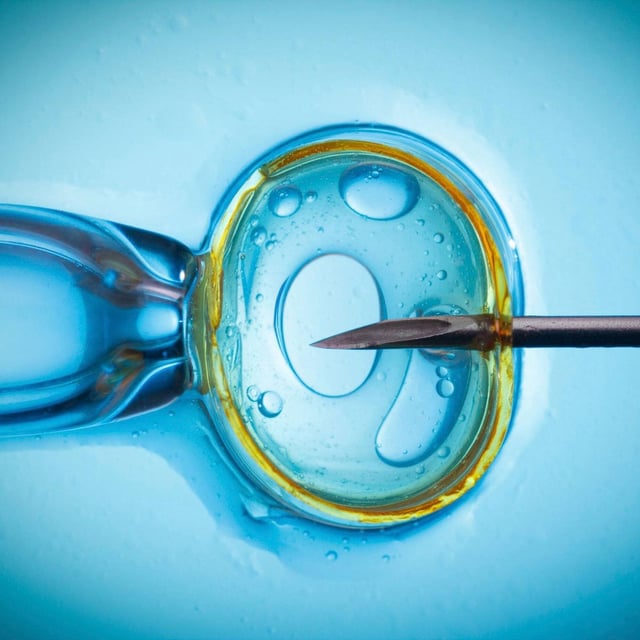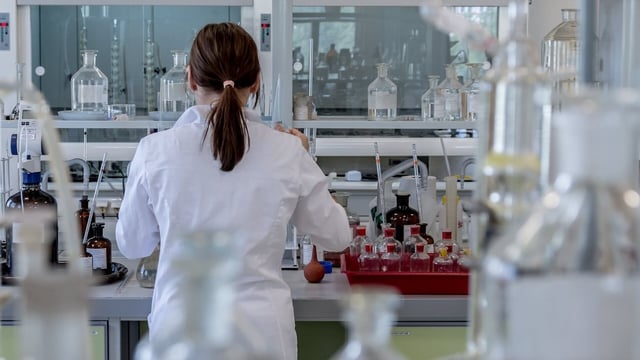Overview
- Researchers used somatic cell nuclear transfer to place skin‑cell nuclei into enucleated donor eggs, then employed a chromosome‑reduction step that mimics meiosis to reach a haploid set of 23.
- The team produced 82 reconstructed eggs and fertilized them in vitro; fewer than nine percent of resulting embryos reached a day‑six stage typically considered transferable.
- Analyses documented widespread chromosome‑segregation errors, mosaicism and a lack of normal recombination, leading investigators to stop embryo culture at day six.
- Study authors and outside experts described the work as a proof of principle and stressed that extensive genetic, epigenetic and safety validation will be required before any clinical use.
- The approach could eventually broaden options for infertile or older women and might enable genetically related children for same‑sex couples, according to the researchers, but such applications remain speculative and face legal and ethical barriers.



